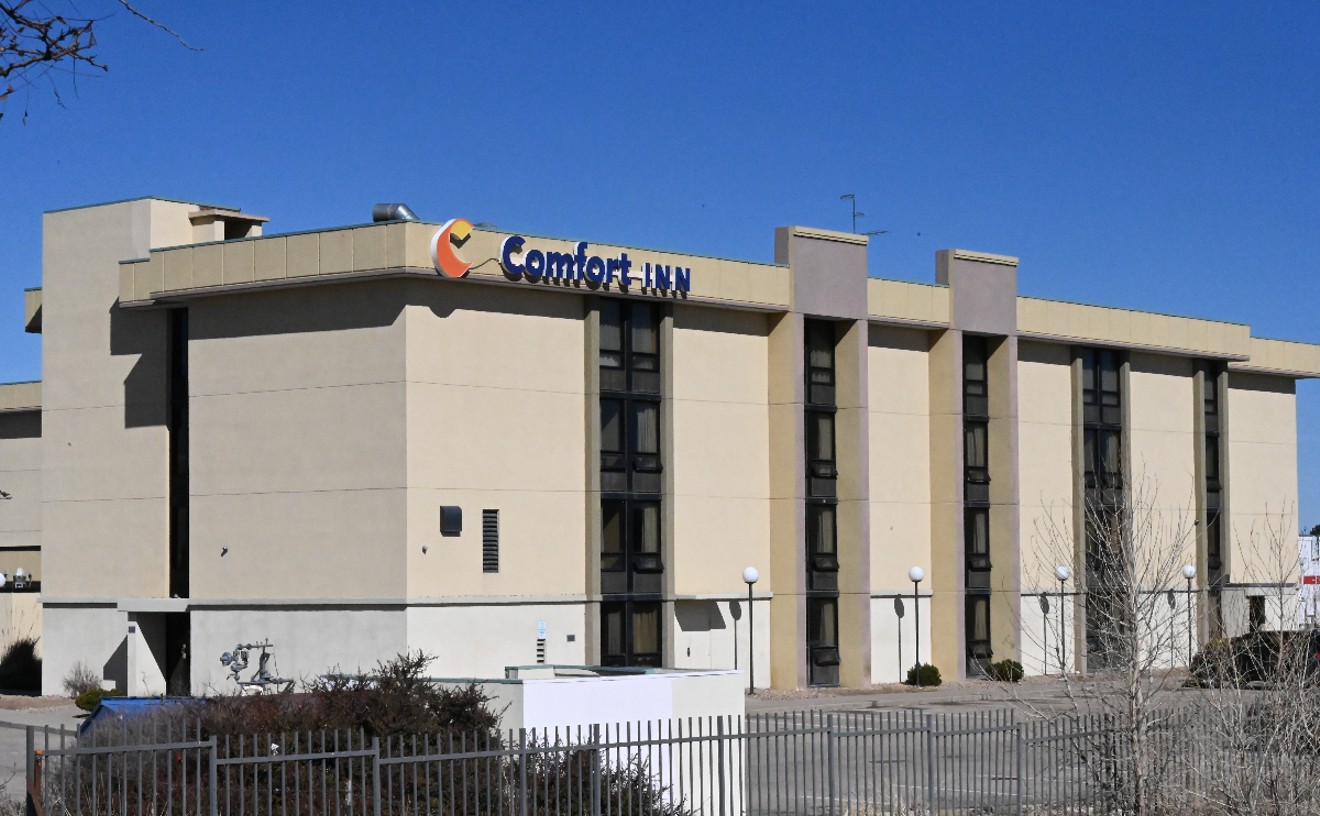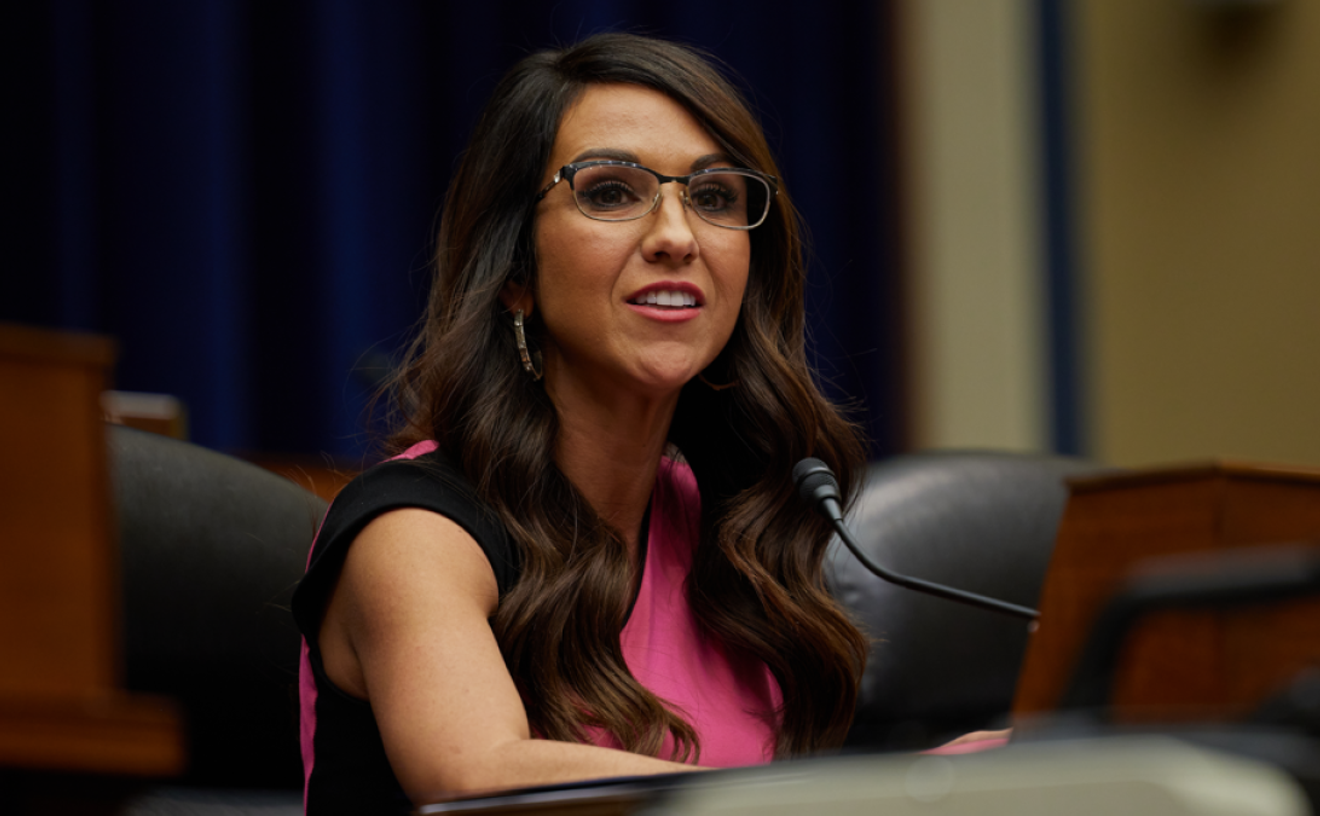The tax dollars Wall received came from the Criminal Justice Act, a measure approved by Congress to pay the defense costs of indigent federal defendants. Most people who can't afford their own lawyers receive public defenders. But in some instances, the public defender's office may have a conflict, or issues may be so complex that a judge determines a defendant is entitled to continue using a private attorney already working on the case.
Wall isn't the only high-flying local millionaire to have received CJA funds in the last two years. He is joined in the deadbeat club by former Silverado Banking CEO Michael R. Wise and convicted racketeer William R. Kennedy, Jr., both of whom also once made waves with their lavish lifestyles.
Kennedy, who bilked a fortune with a Ponzi scheme that stripped dozens of investors of millions of dollars, was recently convicted of racketeering, mail fraud and money laundering and sentenced to a minimum of twenty years in prison. Court records do not yet indicate how much taxpayers spent on his unsuccessful defense--or how much they will have to contribute to a second Kennedy trial that will take place later this year.
Those records do, however, provide detailed information on the public assistance given to Wise, who presided over the $1 billion collapse of Silverado and doled out millions in bad loans to his developer friends Bill Walters and Ken Good while living in a mansion near the Denver Country Club. Vouchers on file with the clerk of the court indicate that Wise's attorneys were paid just over $58,000 for successfully defending him against three bank fraud charges in 1992.
A judge approved the CJA payments to the law firm of Gary Lozow. Wise, who had been living in an $8,000-per-month Aspen chateau before being indicted, was evicted from the chateau for nonpayment of rent and filed for bankruptcy just as he went to trial for allegedly using $458,000 of bank money to remodel his home on High Street. The former Silverado chief, whose annual salary was in excess of $1.5 million during the S&L's go-go years, filed an affidavit with the court in which he claimed debts of $2.8 million and said he had only $900 in the bank.
Because of his alleged status as a pauper, Wise received the finest defense that taxpayers could buy. Rather than a public defender, he got the highly regarded Lozow, who had been his attorney before Wise's indictment. Lozow called in a $250-an-hour expert witness from Kansas to offer testimony on banking regulatory law; for his services, records show, Barkley Clark received $5,963. Other experts included Denver attorney Kevin J. Funnell, who received $2,682 for offering behind-the-scenes advice on the thrift industry. A private investigation firm was paid $992 for, among other things, assisting in a "mock cross-examination" for the defendant.
And as part of an unsuccessful effort to have the Wise trial moved out of town due to "prejudicial" pretrial publicity, Lozow even hired University of Colorado journalism professors Sue O'Brien and Frank L. Kaplan to "review press clippings" and offer opinions on the affect the news articles would have on Wise's right to a fair trial. O'Brien was paid $800 for eight hours of work; Kaplan got $332 at a rate of $95 per hour.
From Wise's perspective, the money allotted to experts--an outlay that came on top of the $58,000 in attorneys' expenses--was well spent. The former bank president, who continued to list an Aspen address during his trial and apparently still resides in the exclusive mountain community, was acquitted of all three criminal counts last February. He won't be going back into banking, however; he was banned from the industry as part of an earlier civil suit brought by the government.
Lozow, who portrayed his client as an underdog during the trial, says he doesn't believe that the amount of money spent on Wise's defense should be made public. "I don't think you give up your right to privacy just because you have court-appointed counsel," he says.
But records show that Wise wasn't the only country-clubber to run up a tab with the public. Bill Wall, convicted last August of masterminding a series of crooked bank loans used to finance the purchase of the Van Schaack & Co. real estate firm, underwent two separate trials last year. He paid his bills for the first trial, but then claimed to have run out of money. U.S. District Court Judge Edward Nottingham approved Wall's request for taxpayer assistance, and apparently in the interests of "continuity of representation," allowed him to continue using the same pair of Cherry Creek lawyers.
According to public records, those attorneys, Art Bosworth and Larry Kelly, received just over $38,000 for handling the second Wall trial. Bosworth and Kelly originally billed the court for $60,342, but Judge Nottingham reduced the payment after concluding that their high hourly rates in the first trial (Wall forked over $93,000) had contributed to their client's need for taxpayer assistance.
Now, however, prosecutors are charging that Wall was never broke at all. In a recent court filing, they say that shortly before he was sentenced last October, Wall transferred a $640,000 interest in his travel agency, Camelot Travel, to his partner, Randy Palser. Wall then allegedly negotiated an option to repurchase the same interest from Palser for $640,000 within ten years. Wall is serving a seven-and-a-half-year prison sentence at the federal prison camp in Englewood.
Prosecutors note that the interest in the travel agency, a limited partnership, is actually in the name of Wall's wife, Pamela Wall. But they say that Bill Wall, and not his wife, received the partnership disbursements from the company from its inception and has "held himself out as the owner of Camelot."
According to the government, Wall also put up the seed money for the travel agency. In their filing, prosecutors use checking-account records to show that in 1991, Wall himself oversaw the withdrawal of $200,000 from a trust he allegedly had set up for his wife and children. Wall, who had filed for bankruptcy in 1989 listing debts of $18 million, then used the $200,000 in trust money to establish Camelot Travel.
The start-up funds appear on Camelot's books as a loan from Pam Wall, prosecutors say in their court filing. But the company never obtained a promissory note from Mrs. Wall, and the loan has never been paid back. According to the government, the trust Wall set up in 1980, named the "No. 9 Trust" after the street address of his $1.8 million mansion on Cherry Hills Drive, currently holds real property worth more than $600,000.
The filing by prosecutors also accuses Wall of playing fast and loose with a $100,000 diamond necklace. The necklace, apparently a gift to Pam Wall, was used as security on a $65,000 loan Wall got from his friends to pay his initial legal fees, the government says. Those loans were substantially repaid last December by Pam Wall, and the necklace was released. Prosecutors say Wall could cash in the necklace to pay off his debts. But they complain that Wall's father-in-law now has the necklace--and says he's holding it as collateral for yet another loan.
Judge Nottingham has scheduled a February 18 hearing to hear evidence about Wall's finances. Prosecutors, who refused to comment on the case, are expected to demand that Wall reimburse the government for the $38,000 in legal fees. The government also is expected to ask that Wall immediately be forced to pay the $50,000 fine and $150,000 in restitution that Nottingham imposed at his sentencing, rather than wait until he is released from prison.
U.S. District Court Clerk James R. Manspeaker says he's unaware of any other recent cases in which CJA defendants have had their finances questioned after a trial. But it isn't the first time the issue of CJA money has come up. For two years running, the fund has run dry, forcing Congress to appropriate additional money--and, perhaps, to contemplate asking for a loan from some of the alleged paupers whose legal battles the public has financed.










